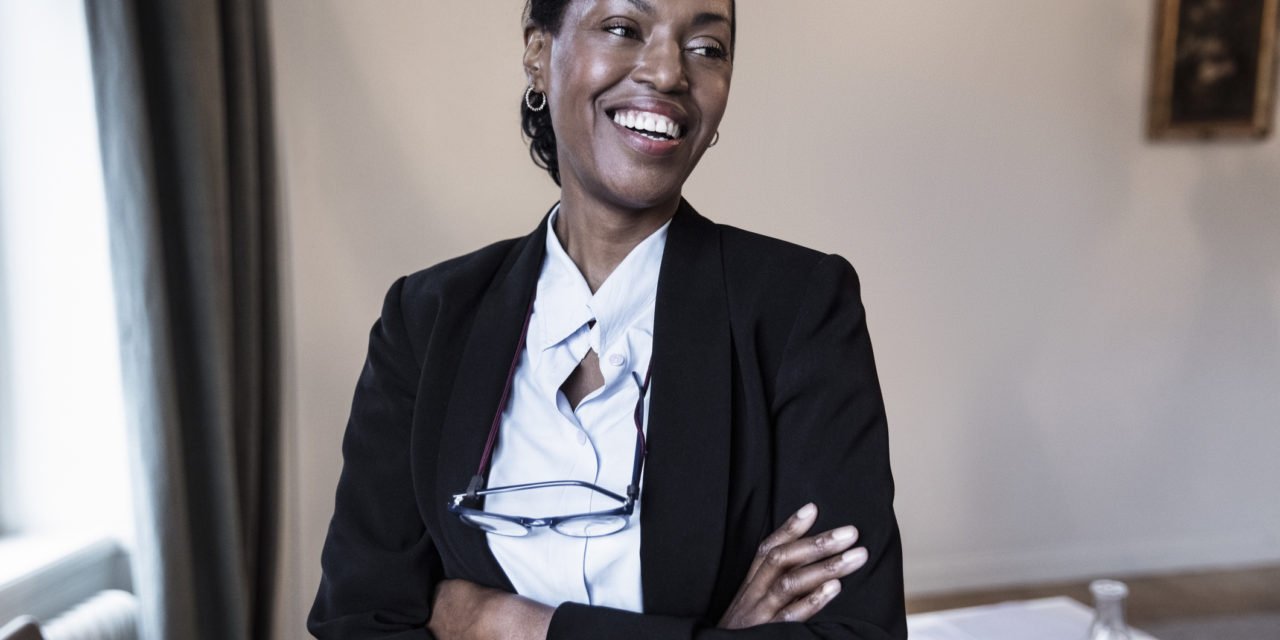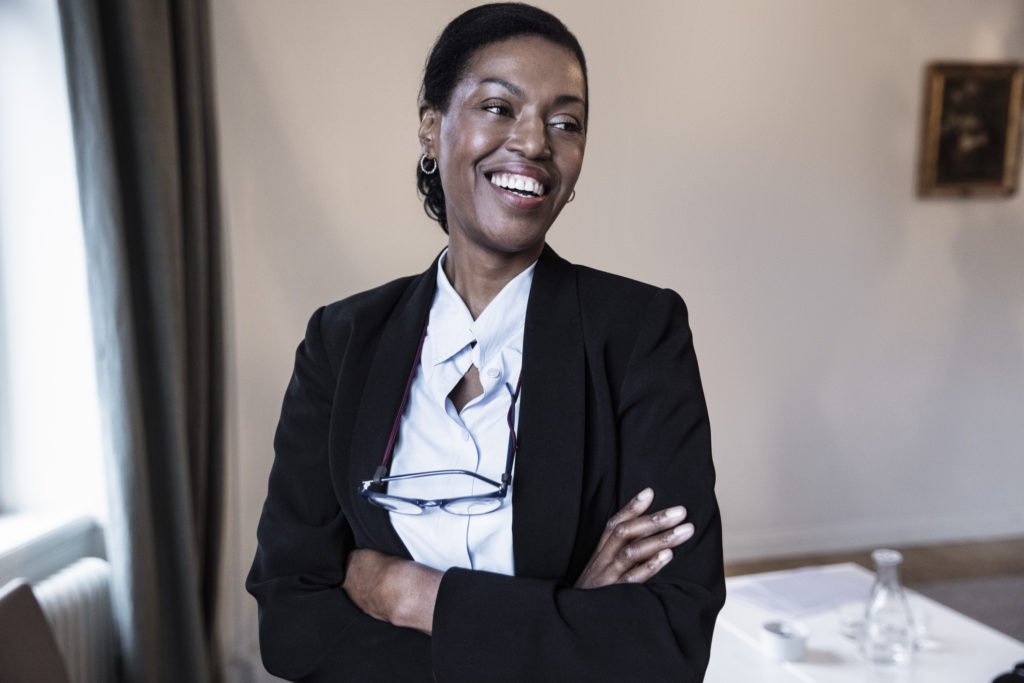“We have an opportunity to create the future and decide what that’s like.” — Mae Jemison
“If your dream only includes you, it’s too small.” — Ava DuVernay
As we kick off Black History Month, now is a good time to lift up history in the making with President Joe Biden’s unprecedented commitment to nominate the first Black woman to the Supreme Court. If this sounds to you like it’s been a long time coming, you wouldn’t be wrong: Of the 115 Supreme Court justices who have served since 1789, only two have been Black (both men), five have been women, and a total of 108 — roughly 94% — have been white men.
Of the 115 Supreme Court justices who have served since 1789, only two have been Black (both men), five have been women, and a total of 108 — roughly 94% — have been white men. Click To Tweet“To have a Black woman on the bench is to have someone who inherently understands the intersections of sexism and racism,” says Howard University School of Law student Jasmine Marchbanks-Owens, whose views were shared in The Washington Post. “It wasn’t until I enrolled in law school that I truly began to understand the power of the bench and the importance of having representation. As a law student, I see the benefits and importance of having someone who intuitively understands my predicament and so many others.”
Considering the incarceration rate of Black Americans is almost five times that of whites based on data compiled by the nonprofit The Sentencing Project, it would stand to reason that increasing Black representation on the highest court in the land would be a step toward ensuring justice in the face of such jarring inequities that affect not just those who are incarcerated, but also their families and their communities: how they are perceived and treated in institutions ranging from the media to schools to courts. In fact, President Biden would seem to have the wind at his back with 42% of participants in the annual Edelman Trust Barometer study citing that businesses need to do more to address systemic injustice, a sentiment that is precisely in line with Biden’s intent in nominating a Black woman.
Considering the incarceration rate of Black Americans is almost five times that of whites, it would stand to reason that increasing Black representation on the highest court in the land would be a step toward ensuring justice. Click To TweetGiven the above and the fact that I am a Filipina American woman who considers myself an ally when it comes to centering justice for the Black community, I have to admit that I had a very visceral reaction to the backlash from rightwing lawmakers and commentators, particularly Senator Ted Cruz’s characterization of President Biden’s announcement as “offensive” and “an insult to Black women.” To me, what is offensive and insulting is the lack of accountability from the right when it comes to really examining the root causes of systemic racism and inequality in this country. In a 2018 study by Harvard Law School professors Alma Cohen and Crystal S. Yang, it was found that Black defendants received longer sentences from Republican-appointed judges and were treated more harshly than white defendants in states that experience more racism (as measured by support for laws against interracial marriage.)
To me, what is offensive and insulting is the lack of accountability from the right when it comes to really examining the root causes of systemic racism and inequality in this country. Click To TweetAs Mary-Frances Winters notes, justice calls for correcting inequitable systems and repairing harm; it is about shifting power to achieve equity. That is exactly what Biden is proposing in his conscious decisions to elevate Black women throughout his administration, from choosing Vice President Kamala Harris to be his second-in-command, to his efforts to double the number of Black women serving the country’s second-highest courts.
As Mary-Frances Winters notes, justice calls for correcting inequitable systems, repairing harm, shifting power. That is what Biden is proposing in his decisions to elevate Black women in his administration. Click To TweetEven more powerful is hearing straight from those who are among the most impacted. As previously mentioned law student Marchbanks-Owens shared with The Washington Post: “In my lifetime, I have had the privilege of witnessing many firsts, all of which my grandparents would say they never thought would see the day. I have witnessed the first Black president and the first Black woman vice president. Although those firsts were very inspiring and influential for me, I believe witnessing the first Black woman to sit on the United States Supreme Court will be the most impactful.”
Thankfully for Marchbanks-Owens and the rest of us, realizing justice means these firsts will not be the last.




















